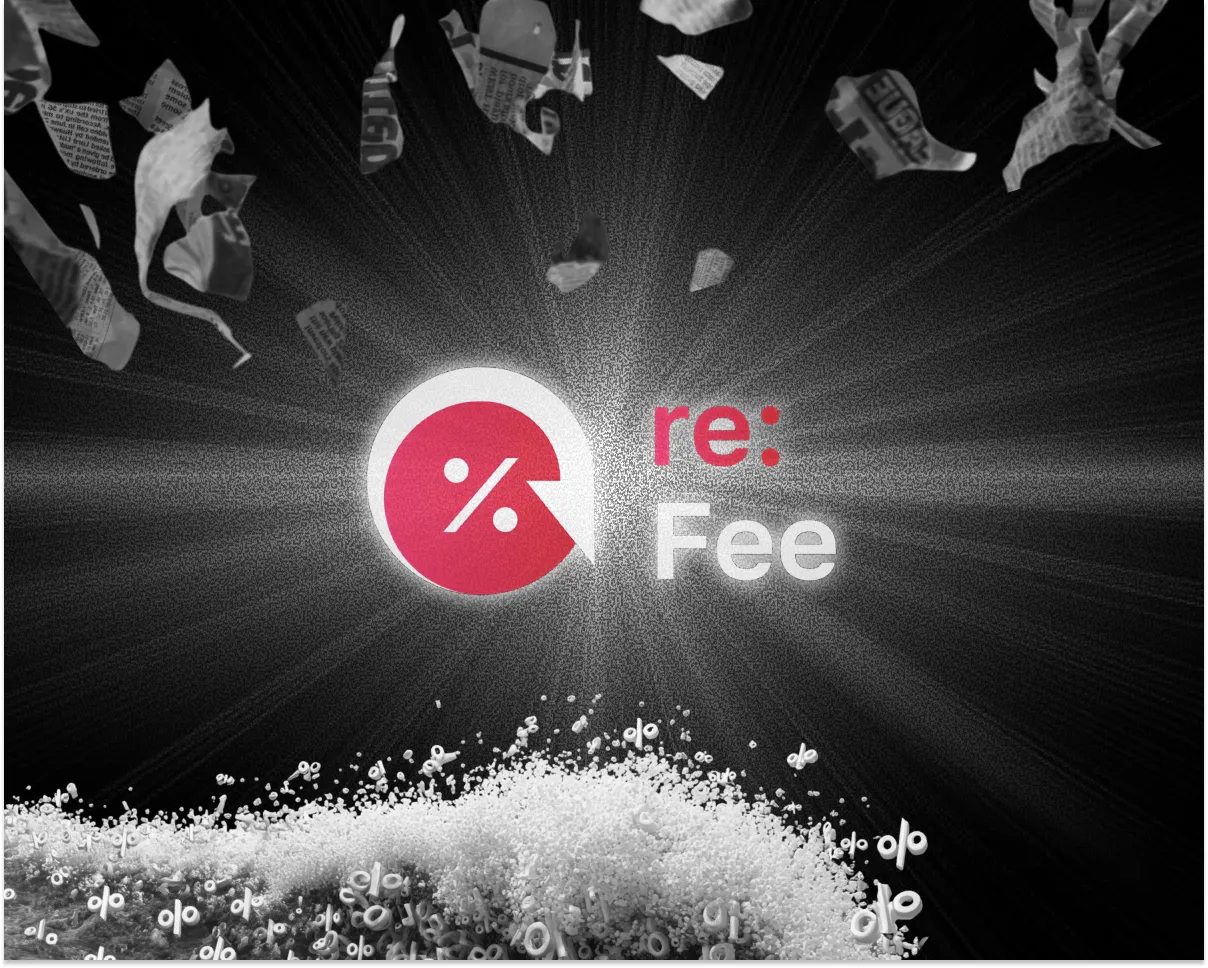
“Cryptocurrencies are considered property”
China’s Supreme Court has released guidelines for crypto-related litigation. Wu Blockchain reported on the 7th.
The guidelines consider contracts related to bitcoin (BTC) mining and virtual currency investment businesses to be invalid. On the other hand, the obligation to pay debts in virtual currency is valid.
Cases where the contract is void
First, with regard to bitcoin mining, disputes arise when a person who purchases or rents a mining machine does not pay the consideration, or when profits obtained from cryptocurrency mining are not properly distributed among parties who jointly purchased the mining machine. Considering.
The Supreme Court has ruled that such agreements are void. The reason is that on September 3, 2021, the Chinese government announced a crackdown on cryptocurrency mining.
The Supreme Court ruled that the contract should be considered void in litigation over such breach of contract because “the subject matter of the contract or the purpose of the contract is unlawful.” Depending on the circumstances, there is still the possibility that the parties can request the return of funds, etc.
In addition, if a dispute arises between the virtual currency trading platform and the user, it will be handled differently depending on the date on which the cause occurred.
In September 2017, China issued a notice deeming initial coin offerings (ICOs) illegal. Prior to this announcement, if a user who has registered on the virtual currency trading platform and traded virtual currency suffers a loss due to the exchange’s non-fulfillment of the service contract, the exchange will be responsible for it.
On the other hand, if a lawsuit is filed for non-fulfillment of the contract after the notice of the ICO has been issued, the court will treat it as “unacceptable.”
What is ICO
“Initial Coin Offering” refers to the act of companies and projects issuing and selling their own virtual currency tokens to raise funds. While there is a strong speculative aspect due to the high risk and high return, there are many problems such as the spread of fraudulent ICOs due to the fact that the legal development of each country has not caught up.
 Cryptocurrency Glossary
Cryptocurrency Glossary
Cases where a contract is valid
The Supreme Court also cited examples where contracts for virtual currencies are considered valid. For example, after stating that “virtual currency has the nature of virtual property on the network”, it explains as follows.
If the parties agree to use a small amount of virtual currency to pay off debts arising from transactions, labor services, or other relationships, the court will find the contract valid, if there is no other invalid reason. It shall be.
If a party seeks the other party to fulfill its virtual currency payment obligation, the court may uphold the request.
In addition, even in lawsuits seeking the delivery or return of virtual currency, if there are reasonable grounds, it will be possible to order the delivery or return.
While cracking down, admitting “property”
China is cracking down on cryptocurrency mining and cryptocurrency trading. In particular, in May 2021, the government issued the most severe cryptocurrency ban ever, and major mining operators have moved out of China one after another.
Against this backdrop, guidelines like this one also recognize that virtual currency has the nature of “property.”
connection: China completely bans virtual currency, former Communist Party official acknowledges unfair mining support
There is also a precedent issued by the Intermediate People’s Court in Beijing in September 2022. At this time, the people’s court ordered the defendant to pay interest in a lawsuit about Litecoin’s (LTC) non-payment of interest. At this time, the court stated that virtual currencies are considered “property” as follows:
Looking at actual administrative regulations and judicial precedents, China simply denies the monetary nature of virtual currencies and prohibits their distribution as currency, and virtual currencies themselves are virtual assets protected by law.
Although cryptocurrency mining and trading are prohibited, the stance is that it is not prohibited to hold cryptocurrencies as property.
The post China’s Supreme Court Releases Guidelines for Cryptocurrencies, Recognizes “Property” = Report appeared first on Our Bitcoin News.

 2 years ago
99
2 years ago
99














 English (US) ·
English (US) ·